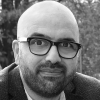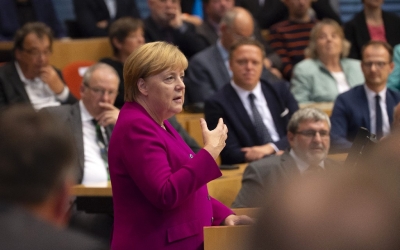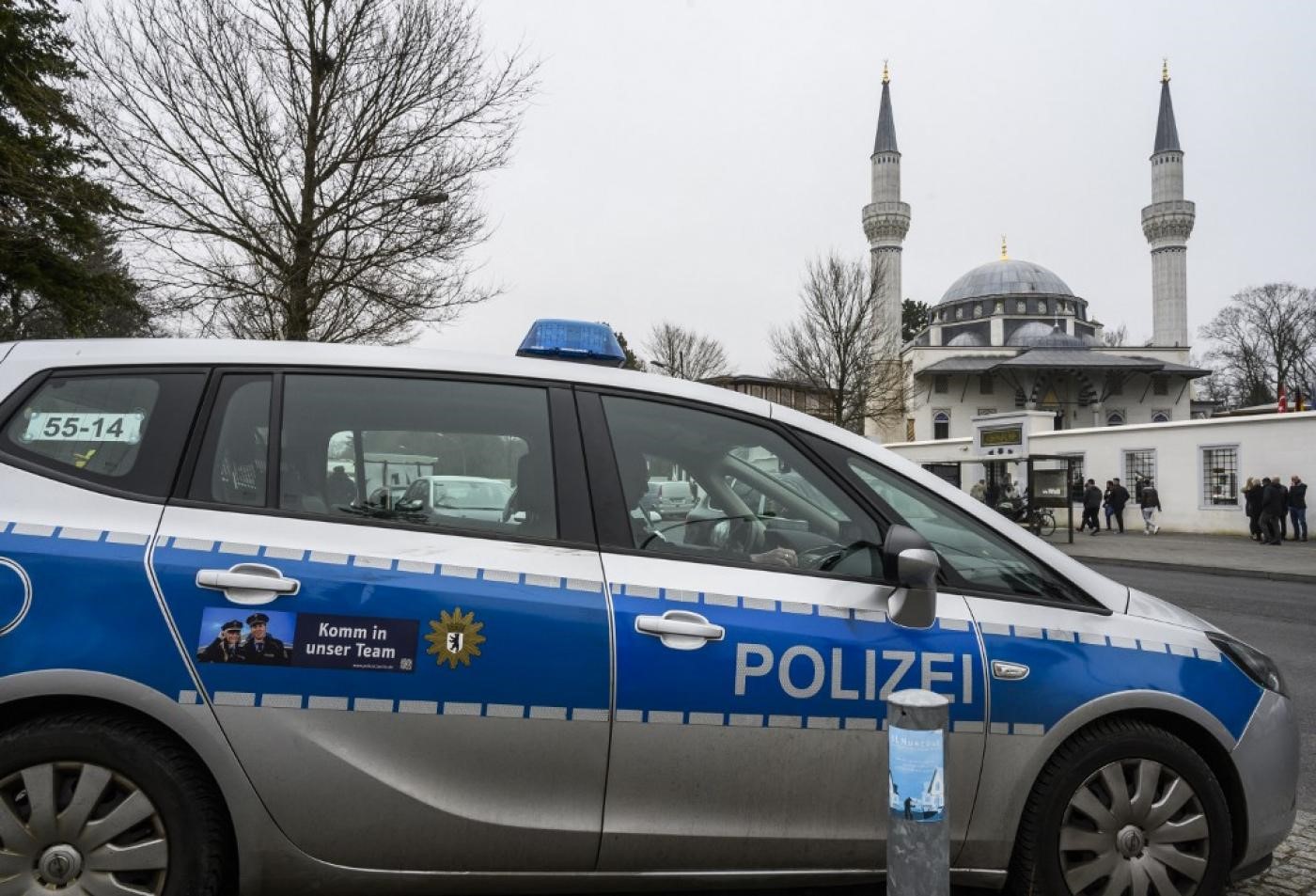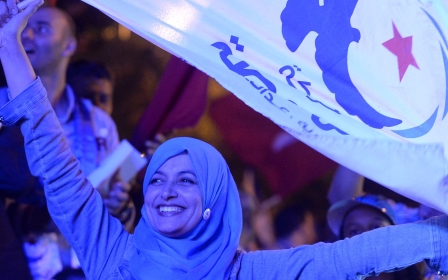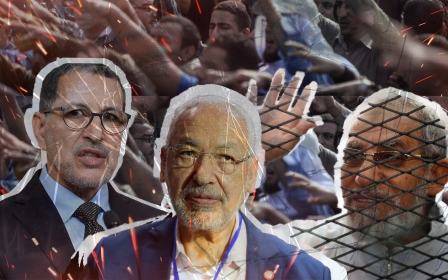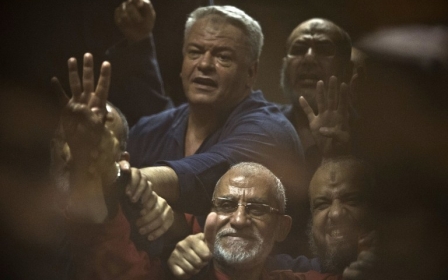Why is Germany demonising political Islam?
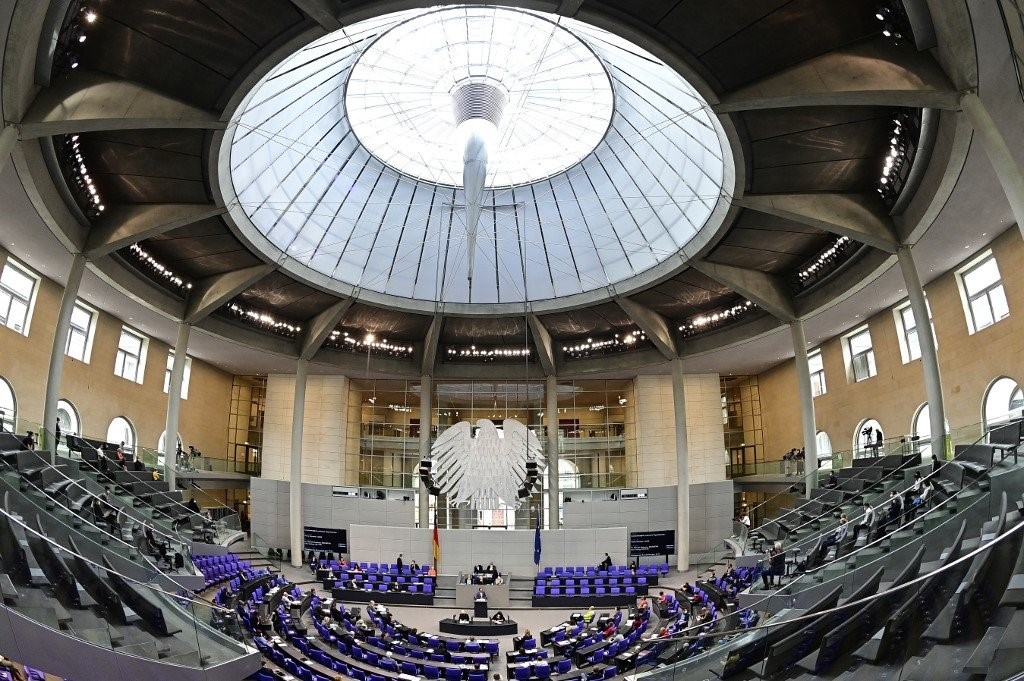
In recent months, there has been a steep rise in the official agitation of some European governments against so-called political Islam, its alleged representatives and organisations. Shortly after the terrorist attack in Vienna last November, Austrian Chancellor Sebastian Kurz asserted on Twitter that his government would make “political Islam” a criminal offence, in order “to crack down on those who are not terrorists, but create the breeding ground for them”.
French President Emmanuel Macron, after the terrorist attack in Paris in September 2020, expressed his will to fight “Islamist separatism” and to reform Islam, which he said was in a worldwide “crisis”.
The perspective in this discourse is always that of an endangered Europe up against threatening, dangerous Muslims
Germany has moved in a similar direction in recent years. Driven by the ever-stronger right-wing, populist and Islamophobic party Alternative for Germany (AfD), whose discourse focuses on the alleged Islamisation of Europe and the ensuing threat to “our” values, many centrist parties have taken a sharp turn to the right. Such discourse draws upon inherited, centuries-old narratives of the Muslim “other”, as compared with European civilisation and enlightenment.
While this stance is nothing new, it serves a very important function within Germany’s political system, enabling other political players and public figures to openly embrace such Islamophobic positions, under the pretext of electoral competition in the age of the far right.
In Germany, the term “political Islam”, while gaining wider prominence in recent years, has been used and debated for many years, alongside other misleading terms, such as “Islamism”, “radical Salafism” and “terrorism”. It is meant to denote groups or individuals who are at odds with the liberal democratic political system, prone to violence for political ends, or simply highly conservative, but ominous and “different” from a Eurocentric perspective.
New MEE newsletter: Jerusalem Dispatch
Sign up to get the latest insights and analysis on Israel-Palestine, alongside Turkey Unpacked and other MEE newsletters
Conspiracy theories
There is no clear definition of political Islam. Newspapers, politicians and academics almost always have different understandings of this phenomenon, opening the door to conspiracy theories and political instrumentalisation. The accompanying construction of a Muslim “other” comes alongside a wilful ignorance of the histories, ideologies and structures of the diverse array of Islamic organisations and movements.
In my book, Political Islam, I reserve the term for social and political movements and organisations, such as Hamas in Palestine, the Egyptian Muslim Brotherhood, or Hezbollah in Lebanon. By analysing their histories and different approaches to society and politics, I draw a line between them and terrorist entities, such as al-Qaeda or the Islamic State (IS) group.
Yet such differentiation is, with few exceptions, hard to find in the public and political sphere in Germany. There is a heterogeneous, albeit informal, coalition here, from the far right to the far-left anti-fascist corner of the political spectrum, which finds common ground in its enmity towards Islam and proponents of organised forms of Islam.
This coalition is supported by a publication industry led by native informants, so-called Islam critics, academics and non-academics, with networks in the political and academic systems, who have built entire careers on Islamophobia and the further marginalisation of Muslim immigrant populations in Germany.
Popular books such as Islamic Fascism, Generation Allah, Political Islam: Stress Test for Germany, God’s False Lawyers and Everything for Allah: How Political Islam Changes Our Society capitalise on the ubiquitous fear of “political Islam”, which they increasingly and continuously foster through narratives about a hidden agenda of political Islam (often equated with the Muslim Brotherhood). They exaggerate its role in European societies, suggesting that it is an ideological breeding ground for armed jihad. Some narratives about the alleged power and influence of political Islam starkly resemble anti-Semitic tropes about world domination.
Continuous flow of bad news
The perspective in this discourse is always that of an endangered Europe up against threatening, dangerous Muslims. The extent of the securitisation of Islam and Islamic life, and the indiscriminate bashing of political Islam we’re seeing today, is partially the result of the continuous flow of bad news about it for at least 20 years.
9/11 was, in this respect, a turning point, as it gave western states the pretext of going to war in western Asia and North Africa to pursue their neo-imperial political and economic goals abroad, while policing migrant and Muslim communities at home. The so-called War on Terror found its equivalent in Germany with the subjugation of non-German, non-white, Muslim immigrants under state-sponsored educational programmes and the introduction of far-reaching security and political measures.
Billions have been spent on federal democratisation programmes, studies on young Muslims in Germany, extremism prevention, deradicalisation of Salafi youths, and mandatory integration programmes for Muslims and other immigrants. In addition, there are plenty of links between academic institutions and the German security apparatus, with employees of domestic intelligence agencies or semi-official think-tanks publishing scientific papers and edited volumes about political Islam and advising government.
Another example is the federal domestic intelligence agency establishing its own think-tank. It is highly problematic for social scientists to conduct their research predominantly through the lens of security concerns, which contributes to the one-sidedness of analyses, ultimately reinforcing the prevailing images of Islam as a threat to European/western societies and interests.
Moreover, it is difficult to see how young Muslims will not feel discriminated against in their European home countries when they’re constantly being policed, educated and distrusted.
Exacerbating factors
The rise of IS in 2014/15 exacerbated this trend. While there might be a need for western governments to keep tabs on developments abroad, and to develop educational programmes for those European kids who blindly follow the call of global jihad - especially in Syria and Iraq - and then return home, the scope and direction of these programmes and of the corresponding media coverage do not line up with the real threats facing Germany or Europe as a whole.
Most of the victims of IS’s genocidal violence are non-Europeans in Syria and Iraq, and the terrorist group was able to emerge only because of the so-called War on Terror and the destruction of the Iraqi state. At the same time, Germany has no problem cosying up to regional Gulf dictators, or Egyptian autocrat Abdel Fattah el-Sisi, who is responsible for one of the worst massacres against unarmed protesters and supporters of the Muslim Brotherhood in recent decades. It seems that human rights violations only count if they don’t interfere with political interests.
Quite clearly, the fight against 'political Islam' is in many instances a fight against Islam and Muslim communities themselves
Returning to domestic politics: Germany’s ruling alliance recently published a paper calling people to “fight political Islamism” (sic) - another example of how blurry the concept is in German politics. The paper describes “political Islamism” as an “extensive ideology and politicised religion which prescribes and regulates the daily life of Muslims along the categories of halal and haram”.
In this perspective, fundamental Islamic provisions, such as not eating pork, are thus a sign of political Islam. The main author of the paper, Bundestag member and hardline conservative Christoph de Vries, said in a parliamentary debate last January that “Islamophobia does not exist in Germany… it is a constructed notion of racism” that only serves the interests of the proponents and leaders of political Islam.
Devastating message
Two months after the paper’s publication, the German home office instituted a Council of Experts on Political Islamism, tasked with developing an action plan against ideologies that do not endorse violence “but are identified as a threat to our country’s values… The council is thus another part of our overarching approach to fight extremism and terrorism.”
This is almost identical to the language used by Kurz in Austria, and it is a warning to all German Muslims that their presence in the country is by no means something they should take for granted. On the contrary: it seems that the German government is slowly setting out on the same road Austria went down when it first introduced a Documentation Centre for Political Islam. This centre spreads dubious theories about the Muslim Brotherhood in Europe, and caused an outcry when it published a so-called Islam map in May, marking all mosques in the country.
Quite clearly, the fight against “political Islam” is in many instances a fight against Islam and Muslim communities themselves. In the face of more and more attacks against German Muslim communities, this is a devastating message for political elites to send to Muslims - and a betrayal of their own liberal ideals.
The views expressed in this article belong to the author and do not necessarily reflect the editorial policy of Middle East Eye.
Middle East Eye delivers independent and unrivalled coverage and analysis of the Middle East, North Africa and beyond. To learn more about republishing this content and the associated fees, please fill out this form. More about MEE can be found here.


